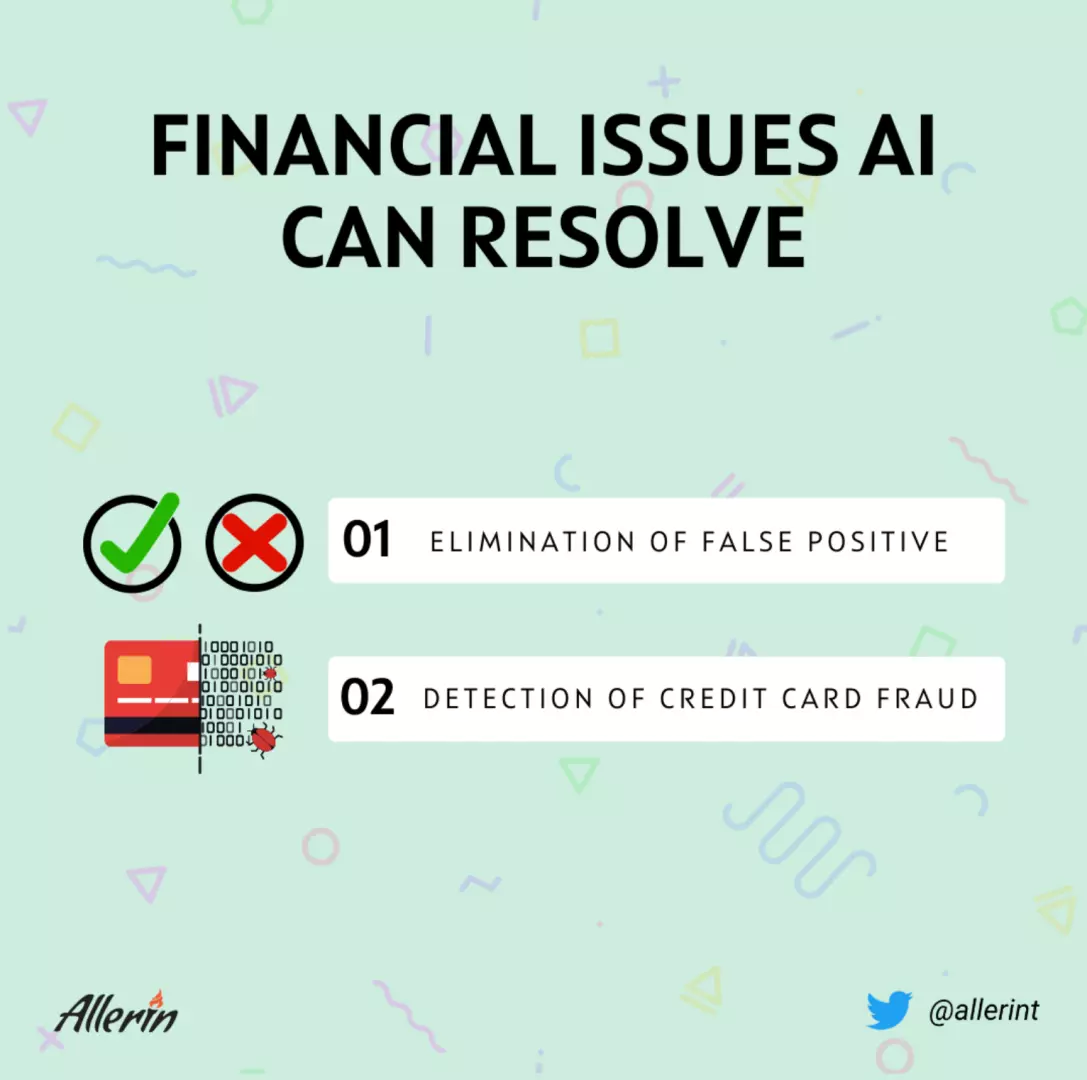Comments
- No comments found

Machine learning can reduce false positive and quickly detect credit card fraud.
Using traditional methods to detect instances of credit card fraud slows down the process of resolving such issues. The application of machine learning in banking promises to find quicker and accurate solutions for all kinds of financial institutions.
The advent of digitization in banking has introduced several cybersecurity-related issues in such finance-based organizations. For example, reported financial fraud had increased by 104% in the first quarter of 2020, compared to Q1 2019. One of the main types of financial fraud is credit card fraud, which involves hackers accessing an individual's card and illegally using it. While card-owners can call their banks and freeze the card on encountering this issue, preventing the possibility of such fraud must be the priority for banks and credit card companies. A guaranteed way to address this problem is by using machine learning for fraud detection. This application of machine learning in banking is yet another example of AI being used for finance-related purposes in organizations.

AI-based fraud detection systems closely scan the credit card statements of users continually. AI's advanced pattern and anomaly recognition come into play by detecting buying patterns that cannot be found with human eyes. For example, if a user doesn't particularly shop a lot online and suddenly—as per their card statement—starts doing so with some frequency, the system raises a red flag. Similarly, if a user suddenly begins making purchases from stores that are miles away from where they stay, a flag is raised. There are several such parameters. Additionally, the tools based on machine learning in banking can differentiate between a one-off purchase and multiple purchases following the same pattern. In this way, false positives are avoided in credit card fraud detection. Once the system raises red flags after scanning real-time purchases, credit card companies or banks can deploy their investigation team to look into the matter and take the appropriate action before any significant activity takes place with the card.
The Denmark-based Danske Bank employs AI for credit card fraud detection. After implementing the technology for the purpose, the bank reduced the number of false positives in fraud detection by 60% and reported a 50% increase in the number of detected cases of fraud.
Banks and credit card companies walk a thin line during credit card fraud detection. They do not wish to incorrectly flag every transaction as fraudulent. At the same time, every case of credit card fraud must be caught immediately. Machine learning in banking is necessary to achieve both these objectives seamlessly.
Naveen is the Founder and CEO of Allerin, a software solutions provider that delivers innovative and agile solutions that enable to automate, inspire and impress. He is a seasoned professional with more than 20 years of experience, with extensive experience in customizing open source products for cost optimizations of large scale IT deployment. He is currently working on Internet of Things solutions with Big Data Analytics. Naveen completed his programming qualifications in various Indian institutes.
Leave your comments
Post comment as a guest